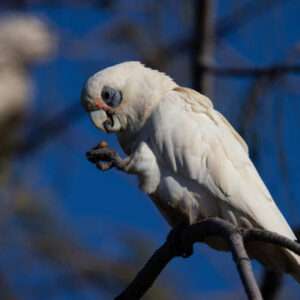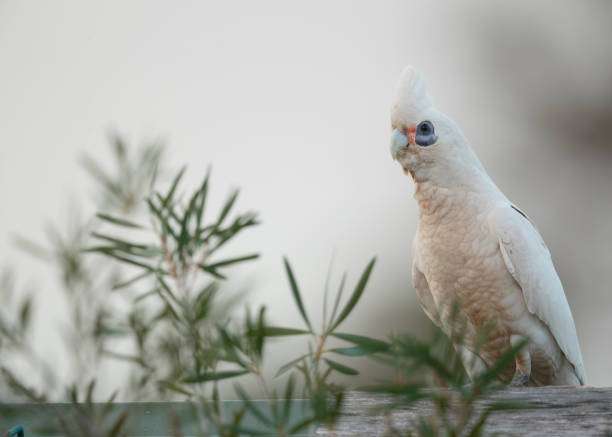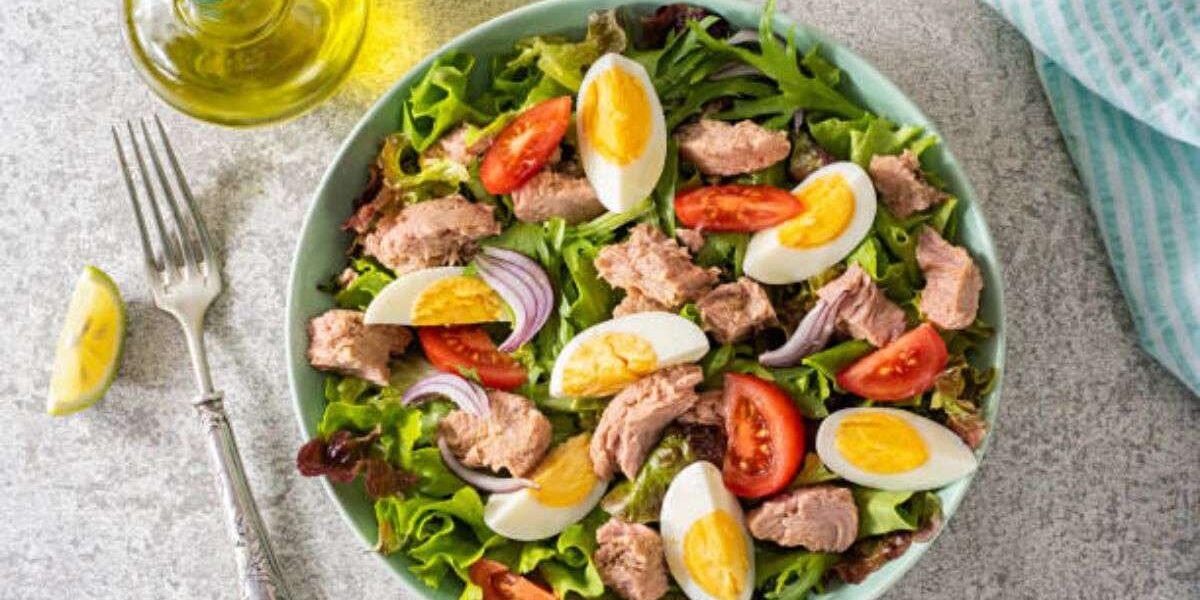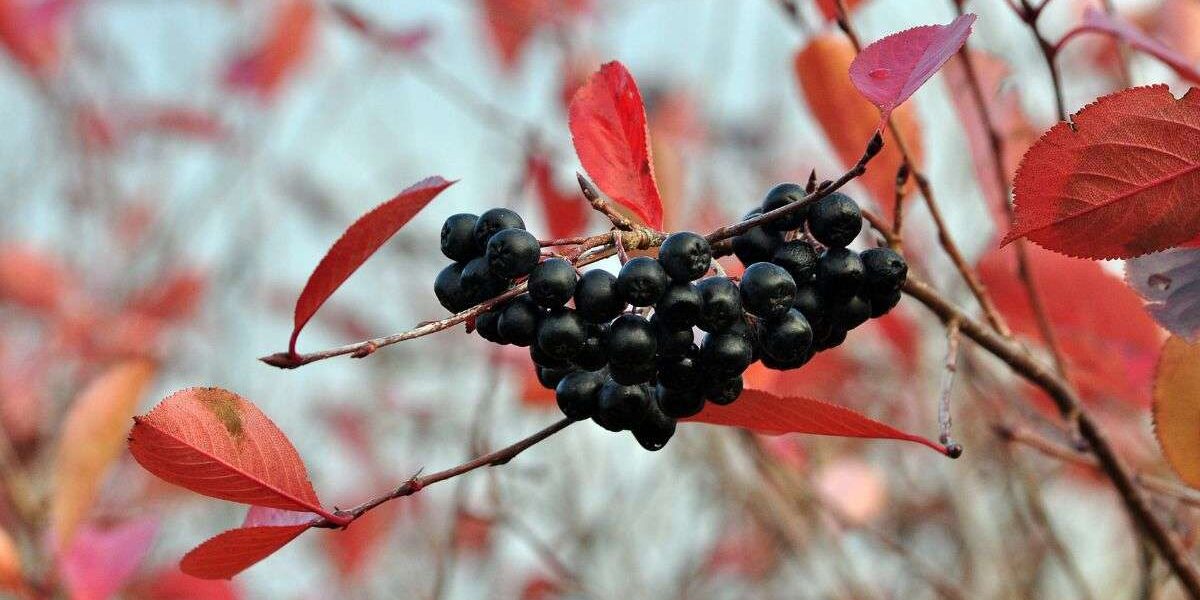Bird lovers will find umbrella cockatoos fabulously fascinating companions due to their well-known knack for doing tricks.
Understand the essential components of a well-rounded diet for Umbrella Cockatoos, including pellets, fruits, vegetables, and proteins, and how they contribute to their nutritional needs.
In this article, we’ll explore the essential aspects of umbrella cockatoo nutrition, including dietary requirements, feeding schedules, and recommended foods.
Understanding Umbrella Cockatoo Dietary Requirements:
Umbrella cockatoos consume a lot of food, much like other large parrots. They require a well-balanced diet that includes a mix of seeds, fruits, vegetables, and proteins.
Why Are Pellets Essential for Umbrella Cockatoo Nutrition?
Pellets are a type of food that is provided to various types of animals including birds. Explore the role of high-quality pellets in providing a balanced mix of nutrients, vitamins, and minerals crucial for the well-being of Umbrella Cockatoos.
In the case of Umbrella Cockatoo, pellets are considered an ideal food. About 80% of their diet should be a formulated pelleted diet.
Choose pellets that are free of artificial colors and preservatives. Several brands of pellets are available commercially in different shapes, sizes, and colors.
What Vegetables Should Be Part of an Umbrella Cockatoo’s Menu
The daily intake of fruits, vegetables, and greens should not exceed 20–25%.
Learn about the vegetables contributing to a nutritionally complete diet for Umbrella Cockatoos, including dark, leafy greens, bell peppers, and other root vegetables (like sweet potatoes and turnips).
How Important Are Fresh Fruits in the Diet of Umbrella Cockatoos?
The advantages of feeding your umbrella cockatoo a range of fresh fruits, like oranges, berries, and apples, to ensure a varied and nutritious diet. You can offer fruit to your bird, but you must ensure it is free of seeds and pits.
Balancing Seeds and Nuts: How Much Is Too Much?
Find the right balance when it comes to offering seeds and nuts to your Umbrella Cockatoo, ensuring moderation to prevent potential health issues.
Suitable dietary options for this species include fresh sprouts and ancient grains like quinoa. You can also provide pecans, almonds, walnuts, and hazelnuts in your bird’s diet.

What is the Ideal Feeding Schedule for Umbrella Cockatoos?
Align your Umbrella Cockatoo’s feeding schedule with their natural behaviors, exploring recommended meal times and portion sizes for a healthy and satisfied bird.
Feeding schedule should vary in the early and later stages of life:
1. Weaned bird’s diets:
Give weaned birds (before they are even fully feathered) that are beginning to nibble at food.
Soft wholegrain bread, fresh corn on the cob pieces, cooked peas and beans, well-rinsed and soaked sunflower seeds, parboiled carrots, oranges, and green leafy vegetables like spinach.
2. Adult bird’s diets:
The basal feed should be formulated as including fresh fruits and vegetables along with cooked or sprouted beans.
To help keep them active, this mixed mixture should contain a lot of little seeds like canary, white millet, safflower, oats, and tiny hemp. The favorite foods of cockatoo are peas in the pod and corn on the cob.
Additional Tips for Umbrella Cockatoo Feeding Management:
- Discover the importance of introducing new foods slowly to prevent digestive issues and allow your birds to adapt to a varied diet.
- Consult with avian experts to determine if your bird needs additional supplements and learn about the role of vitamins and minerals in maintaining optimal health.
- Wrap up by emphasizing the significance of understanding and meeting the unique dietary needs of Umbrella Cockatoos for a joyful, healthy, and long-lasting companionship.
- Always stay informed, observe your bird’s behavior, and consult with avian veterinarians for personalized guidance on your cockatoo’s nutritional journey.
Read more: The Ultimate Guide to Conure Feeding Management: Best Practices for Optimal Nutrition




